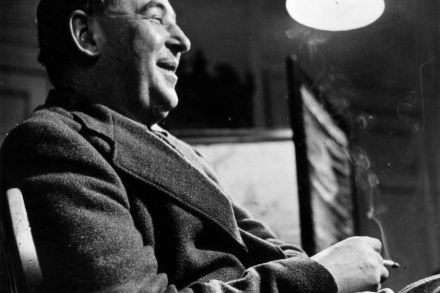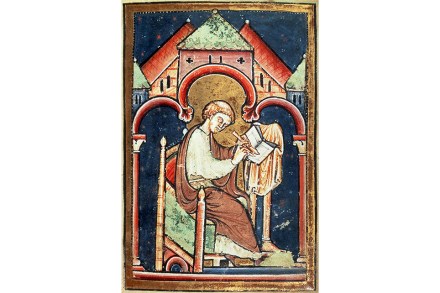Why was C.S. Lewis such a killjoy at Christmas? A discussion with Alister McGrath
27 min listen
Which 20th-century Scrooge had the following to say about the celebration of Christmas? ‘It gives on the whole much more pain than pleasure… Anyone can force you to give him a present by sending you a quite unprovoked present of his own. It’s almost blackmail… Can it really be my duty to buy and receive masses of junk every winter just to help the shopkeepers?’ Step forward C.S. Lewis, beloved Christian apologist and children’s author, whose splenetic denunciation of ‘the whole dreary business’ of Christmas and mean-spirited comments about carol singers are hard to reconcile with his reputation for benevolence. To make sense of the author’s views, Damian Thompson is





